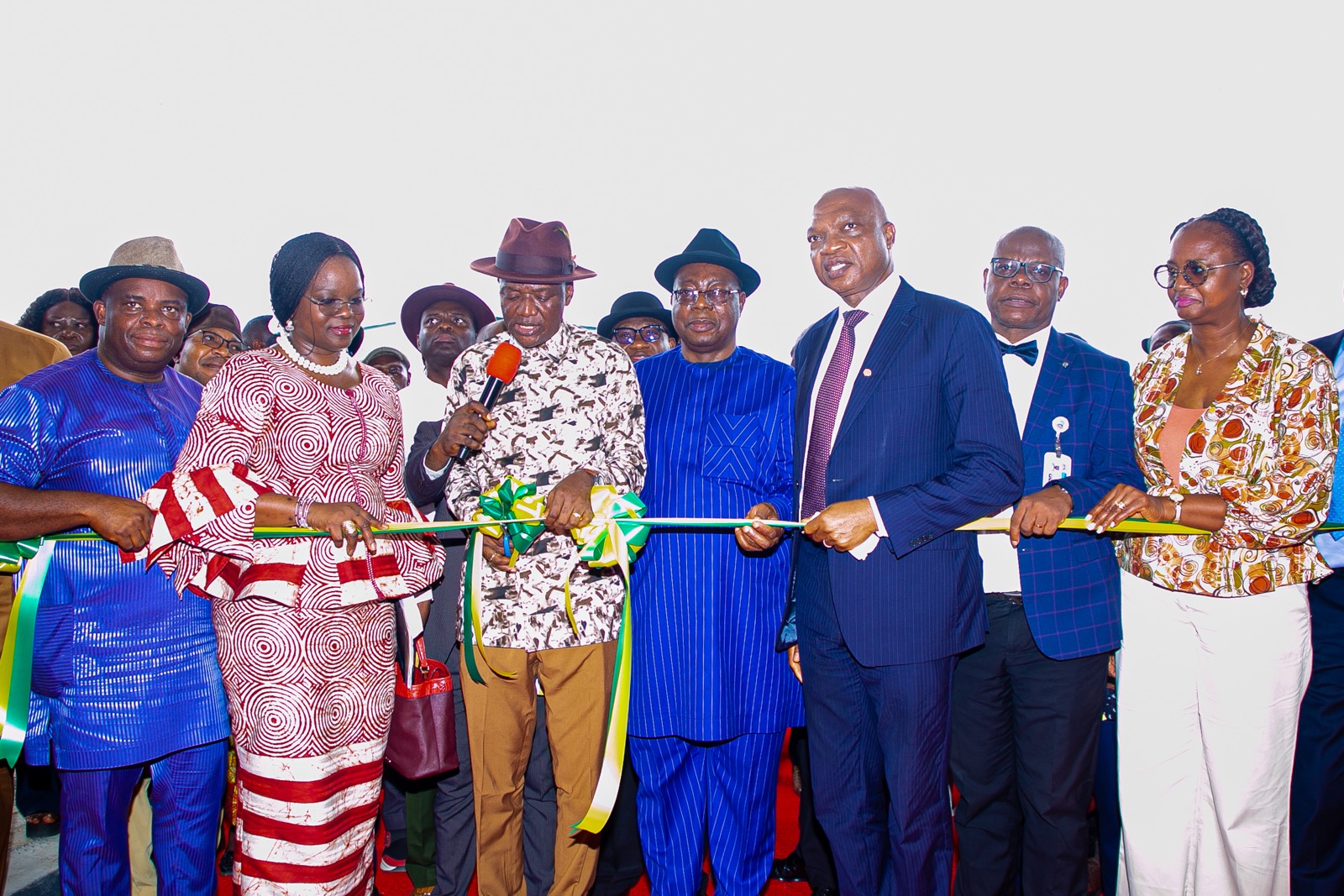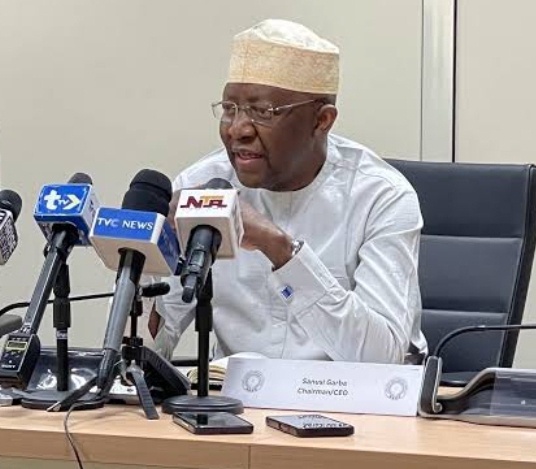
NNPC/SNEPCo Boosts e-Learning With Digital Library At Niger Delta Varsity
Mohammed Shosanya A multi-billion naira learning centre and digital library opened on Thursday at the Niger Delta University, Amassoma, Bayelsa State with a vow to revolutionise e-learning and technology-driven teaching and research








